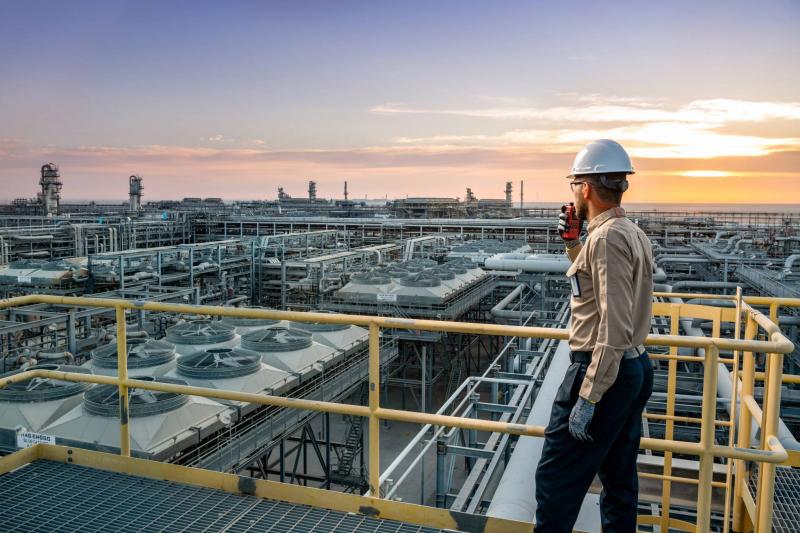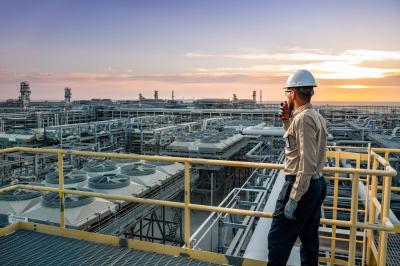Opinions and predictions regarding the energy transition have varied since the decisions made at the United Nations Conference on Climate Change (COP) in Paris in 2015. It was determined at the conference to adopt gradual measures to reduce emissions, starting from the mid-2020s, then in 2030, and subsequently aiming for net-zero emissions by 2050. The main question that remains debated is: what will the role of oil be after the mid-century?
In this ongoing discussion at energy conferences, Amin Nasser, President and CEO of Saudi Aramco, participated in the "CERAWeek" conference, which is typically held in Houston. This annual gathering in the capital of the U.S. oil industry is one of the most significant global oil conferences, attended by hundreds of industrial and governmental oil officials. Nasser opened his remarks by stating that "there is an urgent need to reconsider how to move forward in the energy transition." He suggested "abandoning the fanciful ideas of phasing out oil and gas" and insisted on the necessity to continue the required investments in the petroleum industry based on realistic assumptions.
It is worth noting that last year, the International Energy Agency predicted that the demand for fossil fuels (oil, gas, and coal) would peak in 2023. However, available information indicates that the demand for oil and gas has been continuously increasing annually, particularly in developing countries with emerging economies and high populations, with lower growth rates in Western industrialized countries. Nasser commented on this phenomenon, stating that "the International Energy Agency’s analysis focuses on demand in the U.S. and Europe, while it also needs to focus on demand in developing countries." He added that "despite the significant increase in global investments in alternative energies over the past two decades, exceeding $9.5 trillion, the total supply from solar and wind energy still constitutes less than 4% of global energy. Meanwhile, the total number of electric vehicles in the markets remains below 3%."
At the same time, the share of hydrocarbon fuels in the global energy basket has only dropped slightly from 83% to 80% during the 21st century, according to Nasser: "We observe that global demand has risen to nearly 100 million barrels of oil equivalent, and it is set to reach its highest rate this year (2024). Additionally, the demand for gas has increased by 70% since the beginning of this century."
Developing countries in the global south play a fundamental role in increasing global demand for oil and gas. Nasser pointed out that the populations of these countries constitute 85% of the total world population, and despite the very high percentage of people in this group of countries, they receive less than 5% of global investments in alternative energies.
The head of Saudi Aramco called for a realistic and modern perspective on the future use of energy supplies, urging a greater focus on reducing carbon emissions from oil and gas, alongside attention to energy alternatives. He mentioned that improvements in consumption efficiency over the past fifteen years have led to a reduction in energy demand by approximately 90 million barrels of oil per day, while the use of wind and solar energy has only replaced 15 million barrels per day during the same period.




